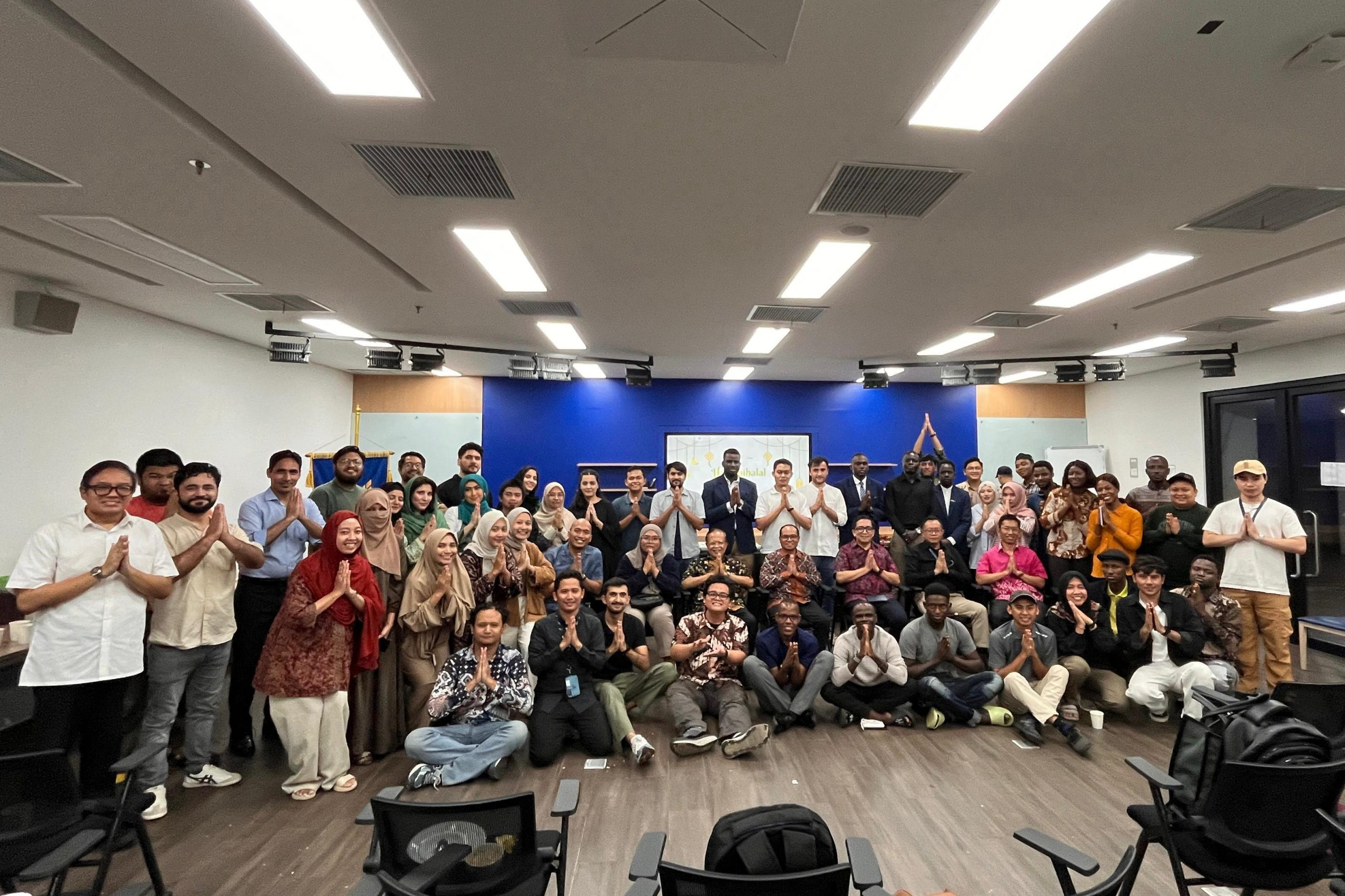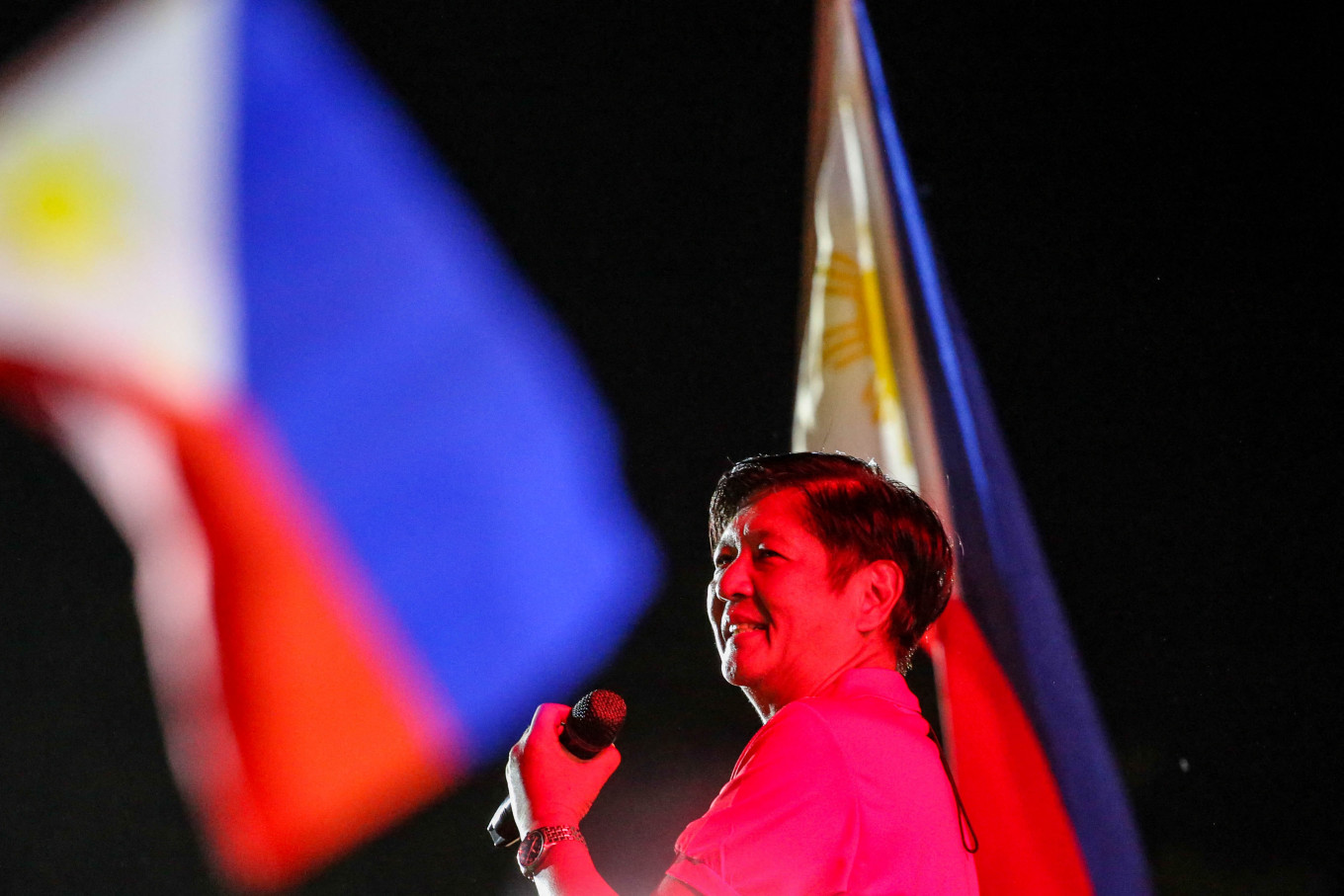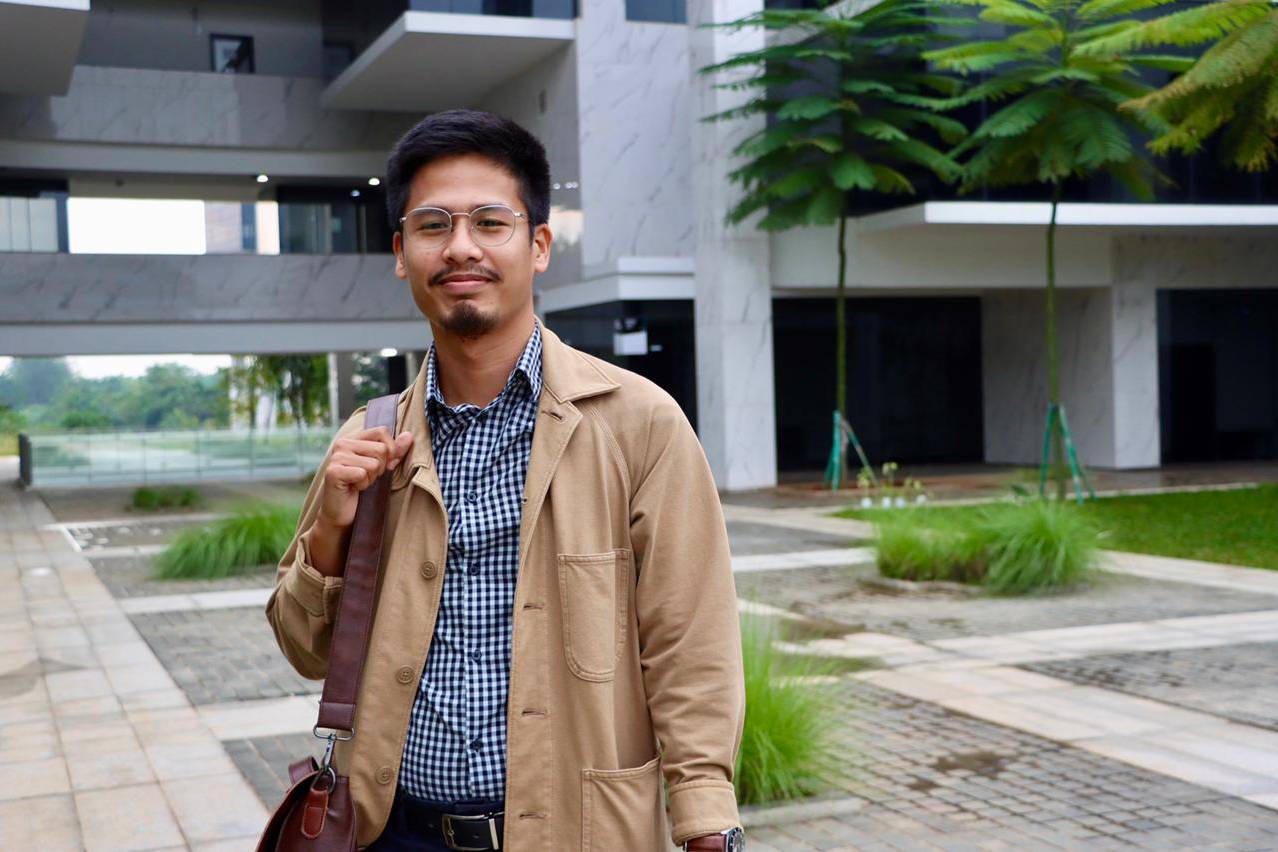Magello Fenis (The Jakarta Post)
Never forget that 50 years ago this month, the dictator Ferdinand Marcos placed the entire Philippine archipelago under martial law. The Marcoses and their cronies called it
the country’s “golden era”. But for the toiling masses, this period remains one of thedarkest in Philippine history.
Both the Philippines and Indonesia have suffered grueling authoritarian regimes in the past: Filipinos endured almost 21 years of the Marcos dictatorship until the People Power Revolution in 1986, while Indonesians toppled dictator Soeharto’s 31-year rule at a time when the country was hit by the Asian financial crisis. For the record, both Marcos and Soeharto are still relevant in their respective countries, and their influence in domestic politics has not stopped groups or parties from using their
names for political gain.
In the recently held Philippine presidential election in May, the late dictator’s namesake, Ferdinand “Bongbong” Marcos Jr, won the presidency convincingly, becoming the first to be elected by the majority since 1986 (post-Marcos Sr. administration). While there is an opposition exposing the dirty politics of Marcos Jr, it is not enough to combat the state machinery that allows for mass campaigns filled with nostalgia and myth-building, especially since this is the very same political machine that enabled
Rodrigo Duterte’s rise to power in 2016. Meanwhile in Indonesia, incumbent President Joko “Jokowi” Widodo has been a target of online defamation and fake news, particularly from religious hardliners. The moderate Jokowi is often falsely portrayed as being of Chinese descent and even a sympathizer of the nonexistent Indonesian Communist Party (PKI). These widely published hoaxes from conservative elements are a big headache for the Indonesian President, knowing that the references are automatically perceived as a stain on political identity.
An example of fake news thriving in Indonesia is its misinformation architects successfully derailing the political career of former Jakarta governor Basuki “Ahok” Tjahaja Purnama, a Chinese and a Christian, after he served nearly two years in prison for being conviction for blaspheming against Islam. Both Jokowi and Ahok’s political detractors used the same sentiments designed to halt their growing popularity, although it did not work to defeat the former’s 2019 reelection bid. Now, how does the martial law commemoration in the Philippines relate to Indonesian society today?
As Soeharto repressed the expression of political Islam during his reign, Islamists are now using the existing democratic spaces for expanding their base and propaganda, which they badly missed out on in the authoritarian period. Just like a newly uncaged garuda, the mythical bird, they can now fly and freely espouse their principles in Indonesia’s young democracy and have a platform, allowing the public to consume their own interpretation of religious dogma in furthering their political positions and actions.
Similar to this apparent sociopolitical development, the Marcoses also thoroughly planned their step-by-step return to the presidential palace ever since the ouster of the
late strongman. Despite the handful of criminal cases filed against the Marcos family, they were still able to put themselves back into power by maximizing weak state institutions and the politics of oligarchic patrimonialism. No complete justice was served to the thousands of victims of martial law for those who were incarcerated, tortured, killed and some who remain missing until now. In eradicating the communists during his time, Marcos Sr tried to copy Soeharto’s “Jakarta method” that resulted in the annihilation of the PKI, or the mass killings of 1965. This blueprint produced widespread “red-tagging” and violence against government critics and activists in the Philippines, and sparked a series of popular demonstrations that sustained civil resistance until Marcos had been removed from power. The tyrant Soeharto is not an exemption, as his regime also committed systematic human rights violations and imposed tight restrictions on freedom of association and the press. Not something to be proud of is the fact that Soeharto holds the title of being the most corrupt leader in recent history, embezzling between US$15 billion and 35 billion, according to Transparency International. Who is the close second? Philippine president Ferdinand Marcos, who plundered $5-10 billion. While I provided a brief historical narrative of both countries above, the peoples of Indonesia and the Philippines should never relax in protecting our very own civil and political rights while exercising Bhinneka Tunggal Ika (Unity in Diversity). While the threats to democracy are growing stronger than ever, the call to amplify people’s campaigns must be more organized and profound than the attempts to revise and distort our histories.
There should be no venue for allowing ramped-up attacks against Leni Robredo just because she is part of the opposition and she is a woman, let alone tolerate the barbaric mob that viciously beat University of Indonesia lecturer Ade Armando just because he is a progressive and has posted provocative statements online. Newly installed Philippine President Ferdinand “Bongbong” Marcos Jr is in Jakarta, making Indonesia his first official overseas trip as the head of state. Imagine Tommy Soeharto, the youngest son of Soeharto who is active in politics, making his first overseas trip to the Philippines in an alternate universe. God forbid!
***
This article was published in thejakartapost.com with the title “Martial law in the Philippines: How does this relate to Indonesia?”. Click to read: https://www.thejakartapost.com/opinion/2022/09/05/martial-law-in-the-philippines-how-does-this-relate-to-indonesia.html.


